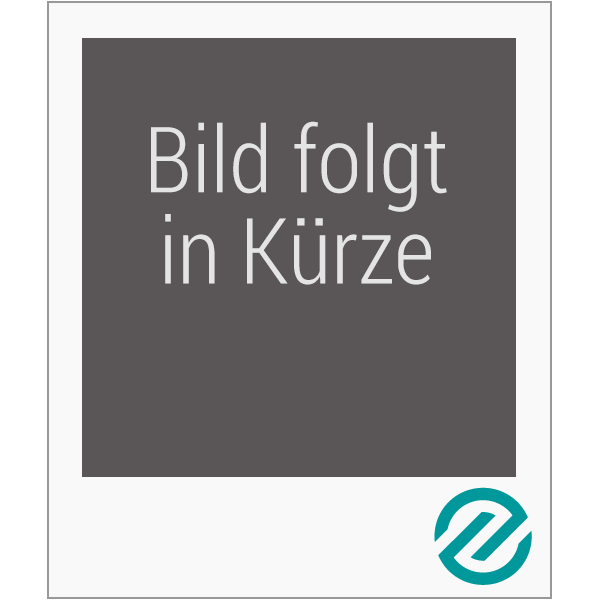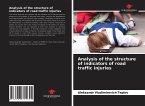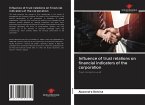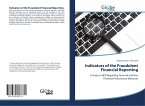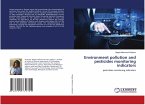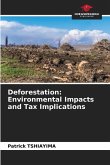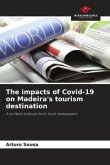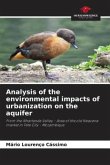This book seeks to show, through a study carried out in the Rahue River sub-basin, South Chile, through physicochemical parameters and benthic macroinvertebrates, how anthropic activities affect epicontinental ecosystems. Benthic macroinvertebrates have been used as an ideal tool for the biological and integral characterization of water quality, since they present advantages when compared with other aquatic biological components, these advantages are (i) their presence in practically all inland aquatic systems, which facilitates comparative studies; (ii) their sedentary nature, which allows a spatial analysis of the effects of disturbances in the environment; (iii) the quantitative sampling and analysis of the samples can be done with simple, low-cost equipment; (iv) the availability of methods and indices for data analysis, which have been validated in different rivers of the world. This allows providing tools to the organizations responsible for the management of this sub-basin to take measures for its recovery.
Hinweis: Dieser Artikel kann nur an eine deutsche Lieferadresse ausgeliefert werden.
Hinweis: Dieser Artikel kann nur an eine deutsche Lieferadresse ausgeliefert werden.

